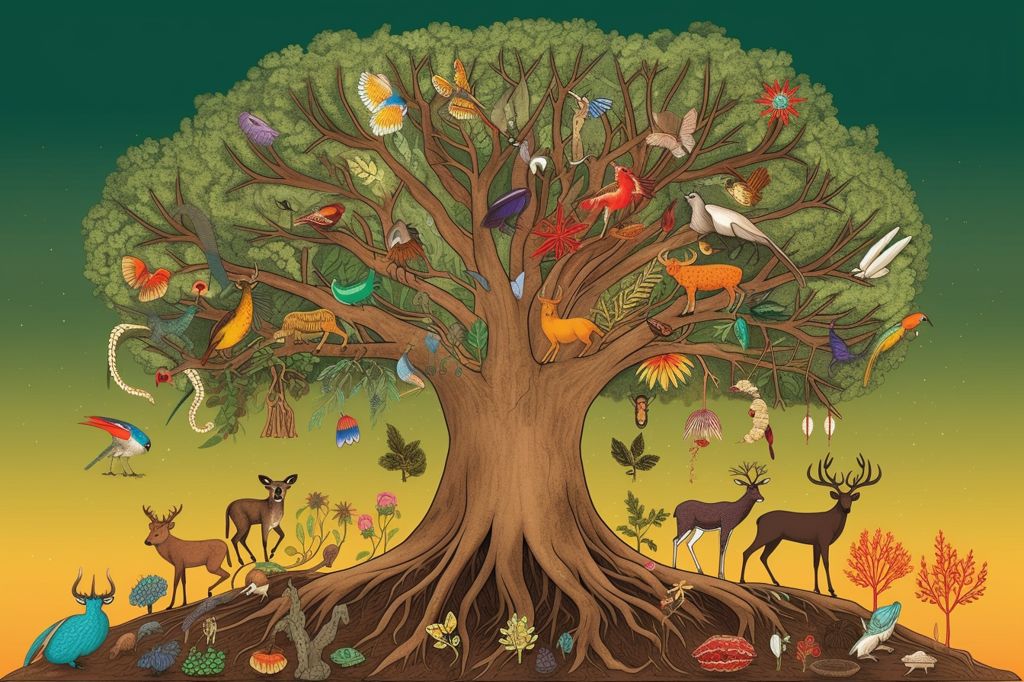Deputy President Shipokosa Paulus Mashatile recently visited the Imbali Campus of Umgungundlovu TVET College in Pietermaritzburg. The visit is a significant milestone in the ongoing efforts to promote skills development and improve South Africa’s economy.
Accompanied by various government officials, college representatives, and community leaders, the Deputy President highlighted the critical role of education and innovation in fostering a competitive global economy.
Umgungundlovu TVET College: An Education and Innovation Hub
Umgungundlovu TVET College is a renowned education and innovation hub that houses the TVET College, Durban University of Technology, and two feeder high schools. The Imbali Precinct project aims to establish more education cities throughout the country to produce the necessary skills to enhance South Africa’s global competitiveness.
Catalytic Projects under the District Development Model
During his visit, Deputy President Mashatile acknowledged the concerning rise in unemployment rates and emphasized the importance of catalytic projects under the District Development Model. One such project includes the development of a new smart city designed to create a new economic hub with a mix of residential, commercial, and tourism-based establishments.
Agriculture was also highlighted as a sector recording significant employment gains, with the KwaZulu-Natal Province leading the way through the Cedara College of Agriculture.
Renewed Partnership with Young and Emerging Farmers
The government has renewed its partnership with young and emerging farmers, aligning with the Human Resource Development Strategy to advance innovative practices in vital growth sectors. This collaboration between the government, organized labor, organized business, and civil society is further evidenced by the signing of Social Compacts, which focus on building the foundation for a transformed economy and society.
Human Resource Development Council’s Strategy
The Human Resource Development Council’s strategy revolves around building human resources for a more competitive economy. As the world moves towards the Fourth Industrial Revolution, it is crucial to adapt to a new learning environment and address the challenges facing the skills development agenda.
Deputy President Mashatile emphasized the importance of developing a curriculum that is responsive to current learning environments, ensuring that teachers are educated in the most up-to-date teaching software, and encouraging workers to pursue lifelong learning.
Creating a Conducive Learning Environment
Creating a conducive environment for students and teaching them that education is a personal tool for personal growth and responsible citizenship is also essential.
A Significant Step Forward
The Deputy President’s visit to Umgungundlovu TVET College signifies a significant step forward in the collective journey to advance skills development and create a more prosperous and competitive South Africa. The National Development Plan, with its vision for growth and development, sets the stage for a brighter future. The dedicated efforts of all stakeholders involved will undoubtedly contribute to the country’s success.











